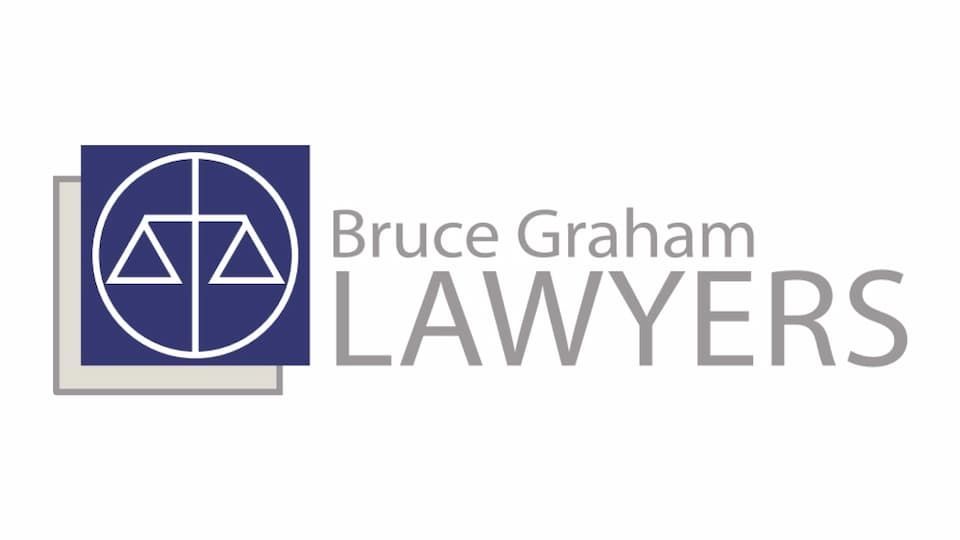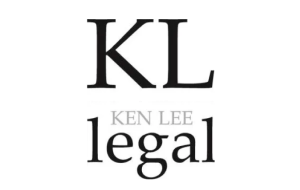Estate/Succession Law Article

Selecting an executor in your will is an important decision that places a great deal of trust in that person to administer your estate as you intended. However, unfortunately in some cases when required to act, the executor decides they do not wish to be formally appointed, or alternatively where they are appointed, they fail to uphold their duties as an executor. When these situations arrive, there are three effective ways an executor can be removed:
- the executor voluntarily renounces their position (“Renunciation”);
- the executor fails to take steps to administer the estate and refuses to do so after being issued with a citation (“Citation”); or
- the executor is removed by an order of the Supreme Court.
Renunciation
It is important to remember that an executor appointed in a will is not obligated to take up the role. Accordingly, the executor can voluntarily renounce their appointment as executor by signing a ‘Renunciation of Probate or Administration’ form. The role of executor then passes to the alternate or substitute executor named in the will or may require the appointment of an administrator in accordance with the succession law legislation.
Citation
In some cases, the executor will fail to take action to administer the estate and refuse to voluntarily renounce their title as executor. In these circumstances, the executor can be ‘cited’ with a court document requiring the executor take steps to administer the estate within 14 days. If they fail to comply with the citation, a substitute executor or person with the next highest right to administer the estate will be appointed by the Court.
Court Ordered Removal
Finally, where the executor has been formally appointed by the Court, the Court holds the power to remove that person should it become necessary. Although, the Courts will not lightly interfere with the appointment of an executor, they will do so where the due and proper administration of the estate has been put in jeopardy, has been prevented, or where the Court is satisfied the executor is not a fit and proper person to carry out their duties. Where the Court orders removal of the executor, the Court will pass the role to the substitute executor or often appoint an independent solicitor to finalise the estate.
Need further help?
CJM Lawyer’s experienced estate solicitors are able to assist with any concerns you may have regarding your rights or interests in an estate, including your options to remove an executor where they do not wish to act as executor or fail to uphold their duties as executor. If you need any assistance, please do not hesitate to contact our office.
Disclaimer: This article is for general understanding and should not be used as a substitute for professional legal advice. Any reliance on the information is strictly at the user's risk, and there is no intention to create a lawyer-client relationship from this general communication.























